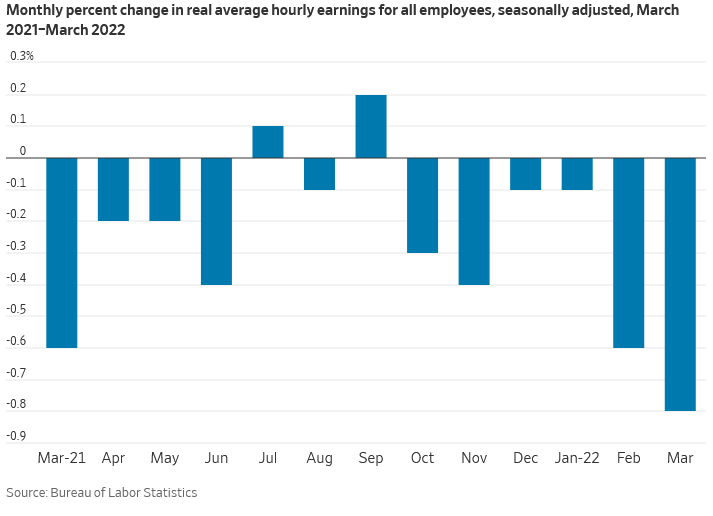President Joe Biden (D) is at it again. Now he’s extending for yet another time, and by diktat, not by Congressional action, the “moratorium” on student debt repayment requirements. As The Wall Street Journal‘s editors noted, this is debt cancellation on the installment plan.
Never mind that our economy—according to no less an authority than Biden, anyway—is fully capable of return[ing] to more normal routines. In what amounts to a deep insult to grown American citizens who still have student debt outstanding, Biden is excluding them from that return to normal. Apparently, Biden does not think this particular group of Americans is capable of much of anything.
I have a better idea. It begins with ending the debt moratoria, which only hurts those debtors, the lenders who lent to them, and us taxpayers, whose tax remittals will go—eventually—to those lenders in partial mitigation.
My idea continues with garnishing the wages and welfare payments of those without wages, of those debtors who claim to be unable to pay, even if those garnished payments are less than the payments the student loan contracts specified.
My idea finishes with limiting the root cause (to coin a phrase) of a student need to borrow in the first place: the over-high cost of going to college. One branch of this path is to get rid of the stigma of not being a college graduate. The trades are far more important than graduating with degrees in women’s studies, this or that race studies, or basket-weaving froo-froo. The trades are every bit as important as degrees in architecture or engineering: nothing gets built, no matter how creatively or usefully drawn up or engineered, without tradesmen—plumbers, electricians, carpenters, heavy equipment operators—to do the actual work. That needs to be emphasized.
Another branch is for the Federal government to stop sending taxpayer money to colleges and universities. What started out as a good idea, enlisting these institutions in basic research, has become badly abused in hiring “diversity” mavens, pushing identity separations, expansions of those froo-froo studies. The Federal monies have become excuses to hire excessive administrative overhead and to raise tuition to absorb the Federal influx. Cut it out.
A third branch is to require two things of colleges and universities: one is to publish, for each major the school offers, including “independent studies,” the average salaries of its graduates five years after graduation. The other is to require the college/university whose student applies for a loan(s) to be the lender of the majority of the borrowed amount or to guarantee the entire loan(s) provided by any other lender.



